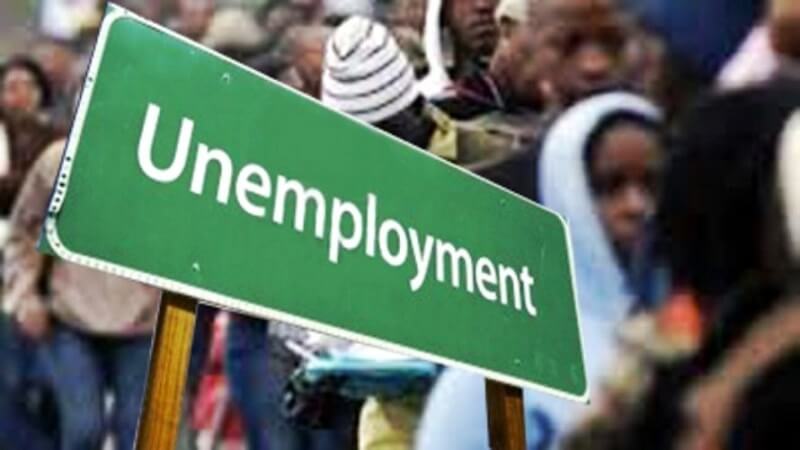The Central Bank of Nigeria (CBN) raised rates by 400 basis points to 22.75 per cent on Tuesday as it searches for a soft landing for the struggling economy, but experts are warning of dire consequences.
With staggering inflation at 29.9 per cent, the 12 members of the Monetary Policy Committee unanimously agreed to tighten the monetary policy rate by raising it from the 18.75 per cent which it was since the last meeting in 2023.
Advertisement
The MPC adjusted the asymmetric corridor around the MPR from +100 to -700 and from +100 to -300 basis points and raised the Cash Reserve Ratio (CRR) to 45 per cent from 32.5 per cent.
The Central Bank Governor, Olayemi Cardoso, said evidence revealed that previous policy rate hikes have slowed the rise in inflationary pressure but not to a desirable extent.
The government has floated series of policies that are biting hard on consumers and manufacturers alike. The government removed subsidy on petrol and floated the currency.
The average cost of petrol is N680 per litre while the currency traded at N1778 per dollar at the Nigeria Autonomous Foreign Exchange Market (NAFEM) as of February 27, this year.
Advertisement
The Senior Economist and Partner at SPM Professionals, Paul Alaje reacting to the MPC decision said that “These are not without implications.”
Alaje said, “Businesses that are on banks’ facilities (loans) should brace up for rate adjustment in the short-term. This may further push costs up and, in case of transferable burden, these costs may be passed to the consumers.
“Employment will be crowded out. That is, unemployment will increase, and this is expected within the next quarter.”
President Bola Ahmed Tinubu admitted being aware of the hardship induced by his policies, but he wants to buy more time.
“I am attuned to the hardships that have come. I have a heart that feels and eyes that see. Reform may be painful, but it is what greatness and the future require,” Tinubu had said during his Independence Day broadcast last year.
Advertisement
However, Alaje predicted that inflation is expected to grow slowly despite the rate adjustment by the CBN.
“This is because the effect of cost-push is still potent on inflation. This may affect the GDP growth rate if the fiscal authority does not respond with major capital expenditure within the shortest period.
“If Federation Account Allocation Committee (FAAC) inflows and spending do not impact the economy as expected, its combined impact with this adjustment in rates may lead to financial distress in the system, given the reality of the current economic quagmire,” he added.



